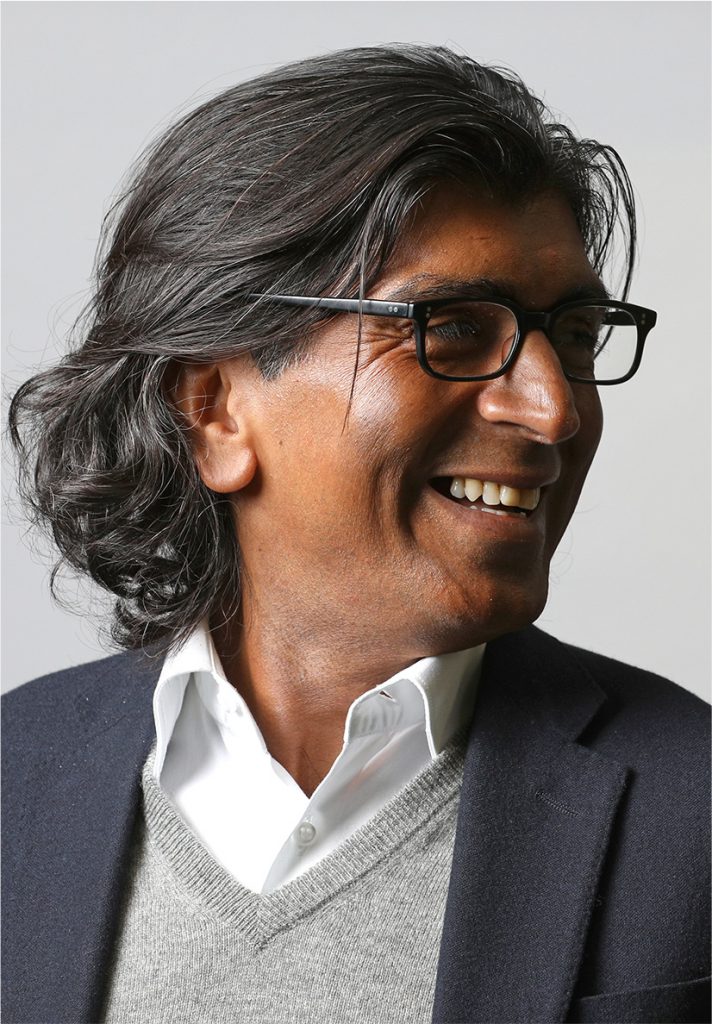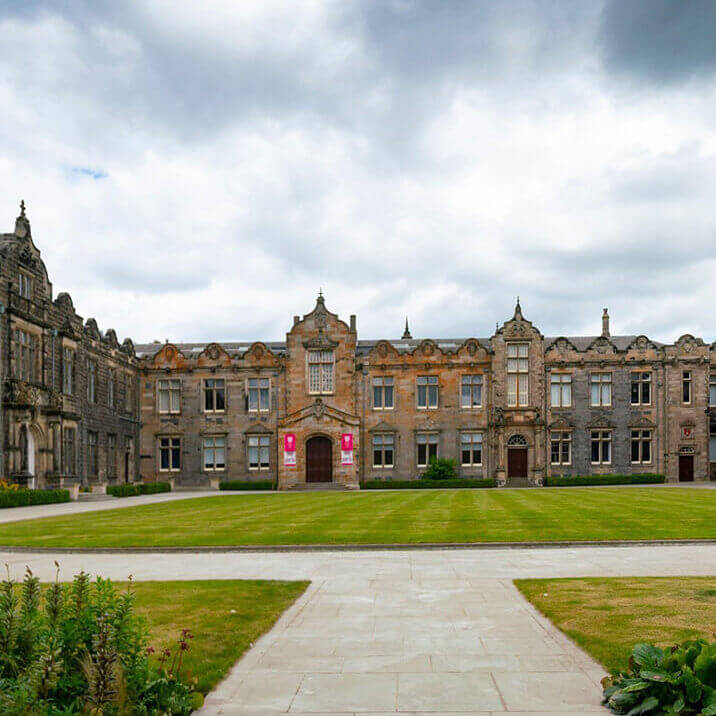Celebrating a decade of impact
Supporting British Muslims into Higher Education for a better society
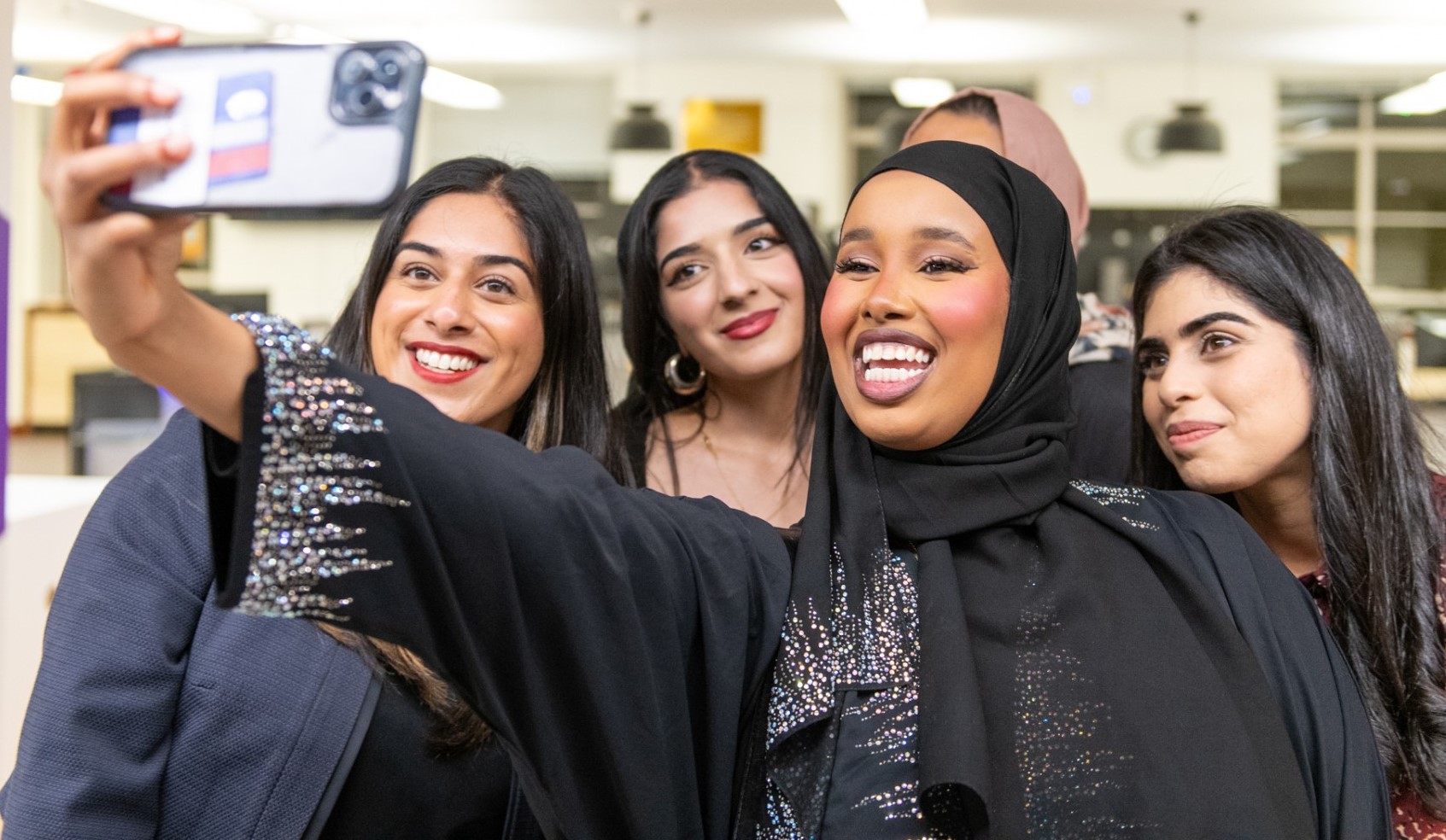
About Us The Aziz Foundation offers Masters scholarships to British Muslims, enabling them, in partnership with UK universities to progress in their career.
The Aziz Foundation is a family charitable foundation established to nurture confident, articulate public leaders of Muslim background who are able to critically engage with public narratives and address the social challenges facing British Muslim communities and wider society.
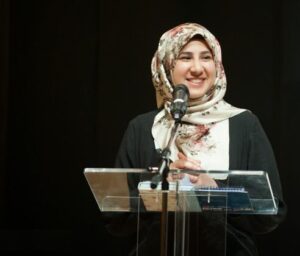
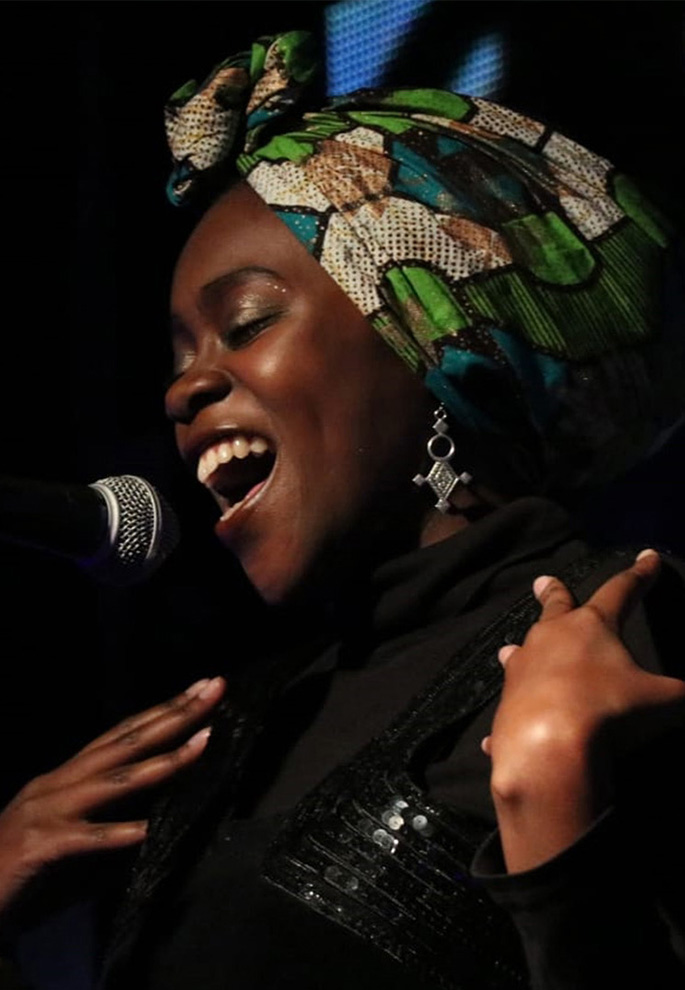
"These scholarships will help give talented and driven British Muslims the chance to excel and create a better tomorrow for us all."
